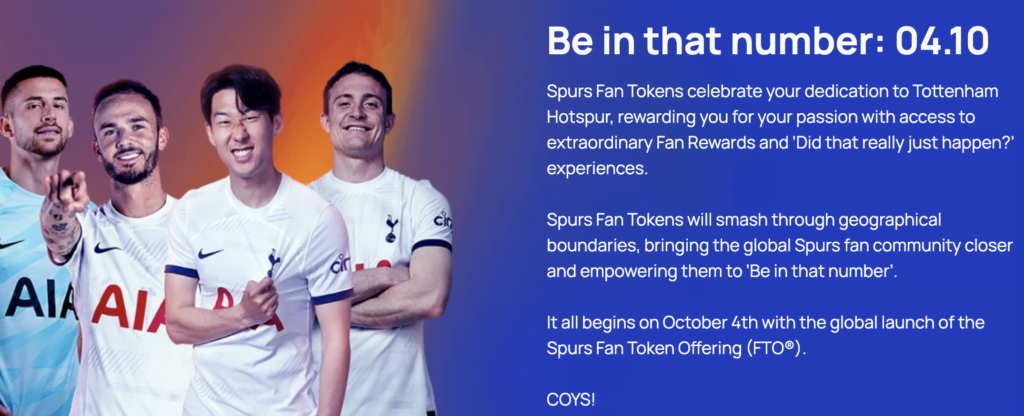A cross-party committee in the United Kingdom has recently released a detailed report urging the national government to collaborate with NFT marketplaces to enforce more stringent regulations. The committee’s recommendations aim to safeguard creators and consumers from fraudulent activities and copyright infringements that have become increasingly prevalent in the NFT space.
Copyright Issues and the Need for a Code of Conduct
The report goes in-depth about the challenges tied to copyright infringements in the world of digital art, identifying how simple it is to mint NFTs that may contain unauthorized reproductions of copyrighted works. For artists, the process of claiming and enforcing their copyrights can be time-consuming and fraught with challenges, especially given the sheer number of NFTs available on various platforms.
As a remedy, the committee calls upon the UK government to liaise with NFT marketplaces and develop an efficient system enabling copyright holders to assert their rights more effectively. Additionally, the committee recommends the creation of a comprehensive code of conduct for online platforms, including NFT marketplaces. This code would protect creators, consumers, and sellers from fraudulent and copyright-infringing material.

NFTs and Fan Tokens in Sports
Another dimension that the report explores is the growing role of NFTs in professional sports. While NFTs offer an attractive revenue stream for sports clubs, athletes, and organizations, the committee raises concerns about the risks associated with fan engagement through fan tokens.
Often marketed as offering special privileges, from voting on club decisions to obtaining exclusive merchandise, these tokens have faced criticism for not delivering on their promises. The volatility in their pricing further adds to their risk profile. Therefore, the report suggests that fan tokens should not be deemed an acceptable measure of fan engagement in any forthcoming sports regulation.
Advertising Practices Under Scrutiny
The report also takes a critical stance on the advertising strategies often employed to market NFTs. Given their volatile and largely unregulated nature, NFT-related advertising can mislead consumers and expose them to financial risk. The committee advises that the government formulate guidelines that ensure responsible advertising practices for NFTs, protecting potential consumers from misleading or fraudulent promotions.
The UK committee’s report serves as a wake-up call for regulatory bodies, indicating that the rise of NFTs necessitates updated consumer and creator protection frameworks. With NFTs touching various facets of society, from arts and sports to consumer goods, these recommendations show that some governments are looking towards the future and taking the issue seriously.



